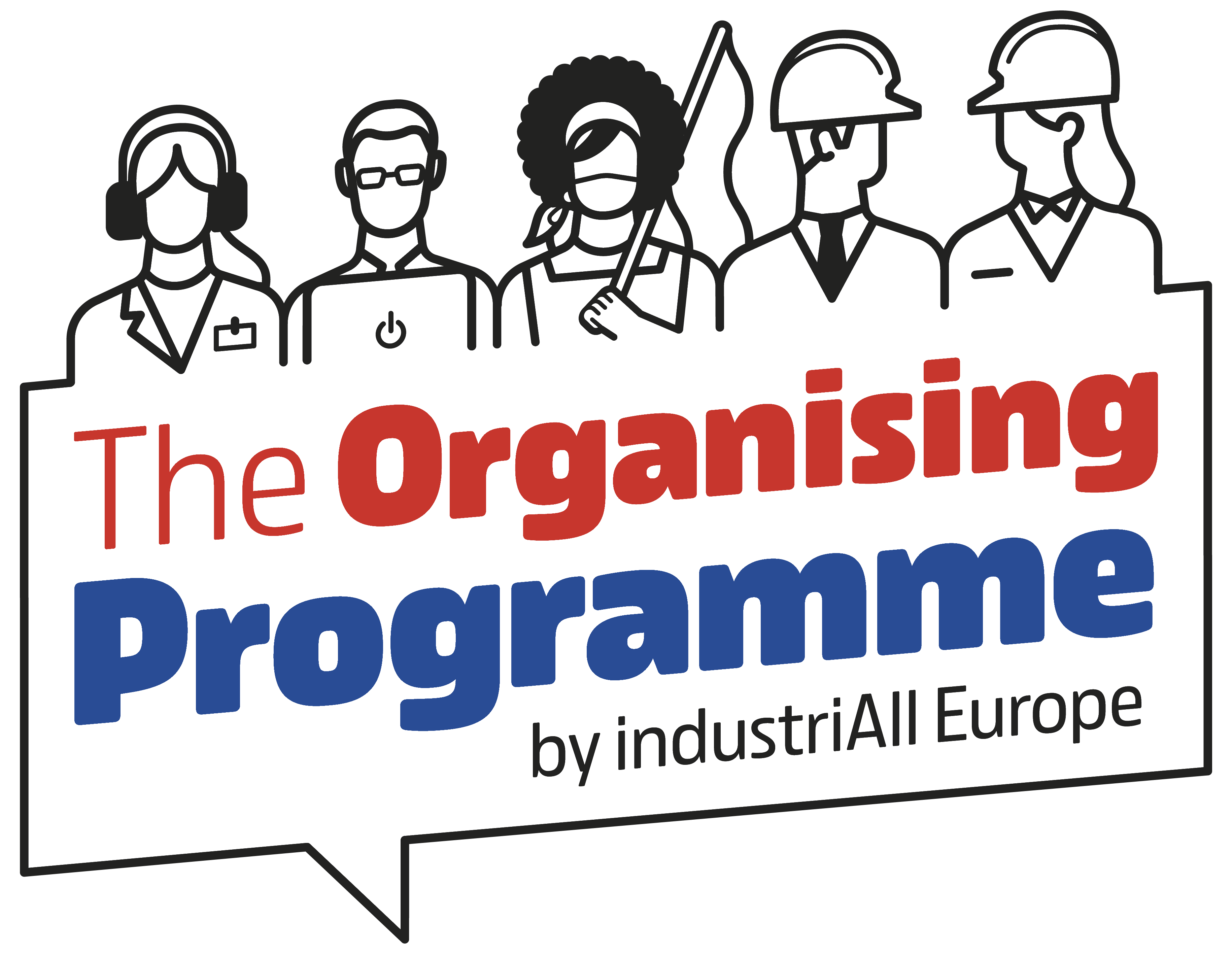Building Trade Union Power - Expert blog
IndustriAll Europe, in cooperation with the European Trade Union Institute (ETUI) and other authors, intends to publish articles in irregular intervals that are meant to give our members ideas and inspiration on how BTUP can be implemented and encourage a discussion on possible ways and methods. The suggestions in the articles are practical and often based on academic research findings on membership policy and strengthening trade union power.
Trade unions are looking for methods to grow membership, as well as for new approaches for building collective bargaining power. On one side, organising departments, lead organisers and recruitment officers are learning by doing, relying on information from sources they can access. At the same time, there are researchers and research institutions that investigate the trade union movement, trade union strategies, membership policies, means for activating workers and understanding attitudes for joining unions. We would like to make such expert knowledge and research results accessible for practitioners within trade unions, in an easily understandable and summarising way.
With this series of articles we are aiming to encourage a lively discussion in your union but also with us. We would be very pleased to receive your suggestions for future topics.
| Trade unions in many countries have built considerable expertise in engaging with new audiences via social media. At the very least, the various platforms and accounts allow unions to increase the frequency of their communications and improve the reach of their messaging. Better still, some have been able to use their experience of social media platforms to support their organising strategies, including with regard to activism, engagement and mobilisation. Find out more here: DE EN FR |
| While most labour research shows that, without a doubt, most applications of artificial intelligence (AI) in the workplace can increase employer power, we reference research entitled “How can trade unions use Artificial Intelligence to build power?”, carried out by Frances Flanagan and Michael Walker. Find out more here: DE EN FR |
| If trade unions want to prevent workers' and trade union rights from being undermined and violated along the supply chains of multinational companies, they need joint and, above all, transnational strategies, tools and methodological approaches to build up trade union counter-power, this is what we can learn from the joint initiative of our affiliate IG Metall Germany and the Hungarian metal worker union VASAS. Find out more here: DE EN FR HU |
| The article "Membership counts: Strategic navigation through the various meanings of organising". Organising has something to do with gaining new membership. It is, however, not a fixed concept and it is not only about increasing numbers of members. Guy Mundlak, professor at the Department of Labor Studies at Tel Aviv University recently identified four basic views on the objectives of organising. He has summarised his findings here: DE EN FR |
| The article “Building trade union member commitment and participation: the critical tool of new member orientation programmes". Find out more: DE EN FR |
| The article “Digital organising – Yes we can!” contains findings from a Unions 21 report and a report by the Friedrich-Ebert Foundation, as well as practical experiences of some of industriAll Europe’s affiliates. It is designed to give our members ideas and inspiration for their own digital organising. |
| The article ‘An underutilised resource: the revitalising promise of new trade union members’ is about findings from a Belgian study focusing on the willingness of new trade union members to get involved in union activities. It provides conclusions and recommendations for union recruitment strategies. Find out more… |
